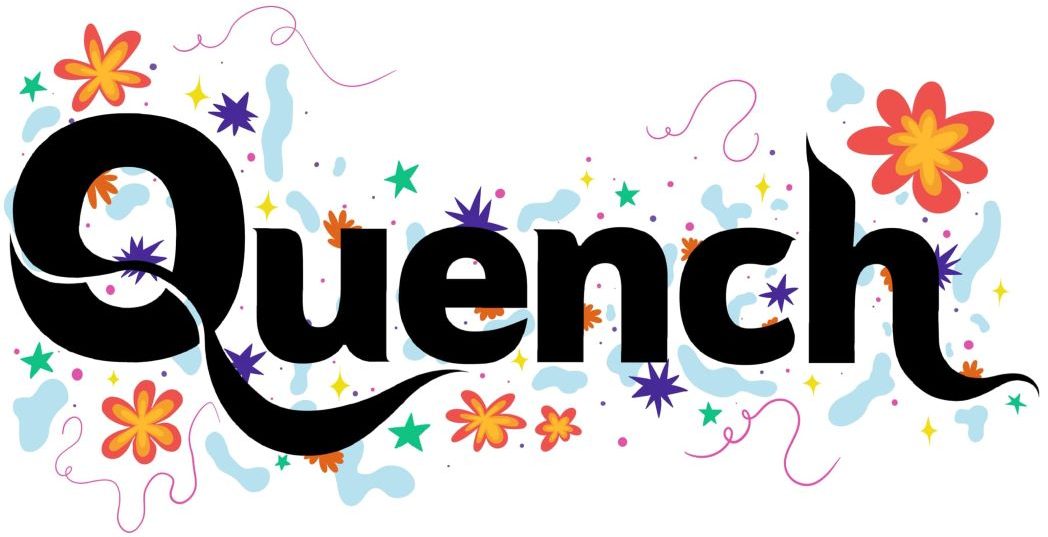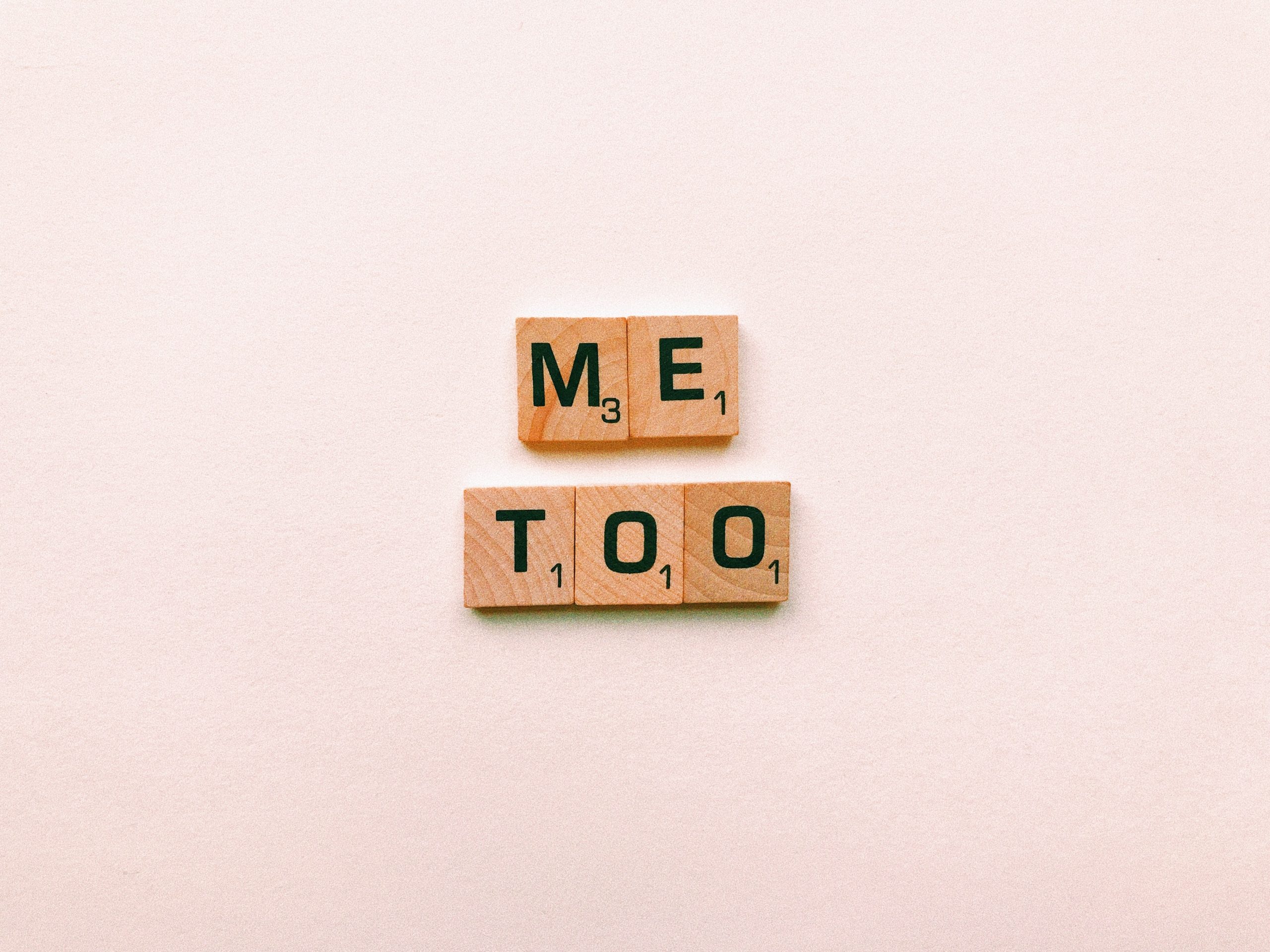I am now so bored with social media that I have resorted to refreshing my news app as a way to expend the energy I conserve for being too interested in other peopleÔÇÖs lives. Usually, this just leaves me feeling smugly well-informed of current affairs whilst Netflix plays in the background and my coffee goes cold on my desk. This week felt different.
We all watched the interview on Monday with Meghan Markle and Oprah. If you didnÔÇÖt, you know just as much about it as those who did from TikTok and Twitter. We also all watched the clip of Piers Morgan continuing to attack MeghanÔÇÖs character, decide what was and what wasnÔÇÖt racist, and undermine MeghanÔÇÖs struggles with her mental health, all before breakfast. When his colleague Alex Beresford challenged Morgan, he walked out, removing himself from a situation that made him uncomfortable- something he had repeatedly berated Meghan for.
Consistency is key; ITV can hold a mental health awareness week but they will put Morgan on a pedestal where he can say, in response to MeghanÔÇÖs experiences with suicide, that: ÔÇ£I donÔÇÖt believe a word she says, Meghan Markle. I wouldnÔÇÖt believe her if she read me a weather report.ÔÇØ It does not require us to look too deep into this to see a woman who has been vulnerable about her experiences and has had those experiences not only dismissed by a man but also called a liar. Sound familiar? Women are met with this attitude at every corner, whether it be mental health or sexual assault. We are told we are overdramatic and we are liars and we should stop being so difficult.
As a Black woman, a feminist, a Hollywood celebrity and a duchess, it took an enormous amount of courage for Meghan to be vulnerable about her experiences with racism, sexism, and mental health. In the same week of International WomenÔÇÖs Day I felt a sense of solidarity with her, something I do not usually feel with celebrity figures, which only intensified after MorganÔÇÖs comments. She was brave, she was open, and she was steadfast in her belief that she deserved to be respected. Meghan is a 39-year-old woman who, at one time, felt suicidal from the level of abuse she received from the British media. She had done nothing wrong and was ultimately a victim of a society that perpetuates systemic racism and sexism.
Then, a few days ago, we read that Sarah Everard, a 33-year-old woman from London, went missing after leaving her friendÔÇÖs house last Wednesday. She, like Meghan, did nothing wrong. She just wanted to go home. IÔÇÖve read that Sarah was kind, funny and loved to draw. Although Meghan and Sarah are different people, both of their stories have reminded all of us that women are still not safe in the UK. Women across the country see themselves in Sarah and Meghan.
This week has been emotionally exhausting for lots of women. I am tired of hearing from other men that the UK is progressive, that itÔÇÖs not that bad here compared to other places, that itÔÇÖs not all men. These things may be true, but they are said to undermine my lived experience and the lived experience of other women. A poll by YouGov recently revealed that 97% of women between the ages of 18-24 have been sexually harassed. We see, read, and hear the way the media talks about Meghan Markle. We see the racism, the misogyny, and the character assassination of a woman who we donÔÇÖt know personally but seems very nice and we see what happens to a woman who decides to walk home at 9 pm by herself.┬á
Nothing will protect us. We cannot walk home by ourselves but we also shouldnÔÇÖt get a taxi by ourselves. We shouldnÔÇÖt be around a group of men but we absolutely should not be by ourselves. DonÔÇÖt trust the police officers, and also donÔÇÖt trust your friends. What IÔÇÖm most tired of, however, is having to justify my feelings about my experiences to other men by framing them in a more comfortable way for them.
I remember when he talked about hearing a female friend being uncomfortable and choosing not to ÔÇÿinterfereÔÇÖ. I remember when he described my input into a conversation as an ÔÇÿattackÔÇÖ. I remember when I wasnÔÇÖt flattered by the way he looked at me and later that evening he called me a 2 out of 10 in front of my friends. These happened just in the last few weeks, because I donÔÇÖt feel like recounting every sexist thing thatÔÇÖs happened to me beyond that, and I donÔÇÖt think my editor would appreciate the word count.
My male friends have asked what they can do or how things can change. I hate to disappoint, but it isnÔÇÖt in some kind of big, heroic gesture. Prevention is worth so much more than that. Speak to your friends. How do they speak to women? How do they speak about women? How do they act towards women? Hold them accountable. ┬á
Men need to be having conversations with each other about these things because women are already changing their daily behaviour to protect themselves. Whilst we are putting strands of our hair in the backseats of the taxi, just in case the police need to find our DNA in the car, men need to be discussing each otherÔÇÖs attitudes towards women. Whilst we are wearing bright clothing at night so the CCTV can pick us up easier and not wearing our hair in a ponytail because it makes it easier to grab, men need to be calling out the ÔÇÿjokesÔÇÖ which no woman would laugh at.
The vigil which is held in London for Sarah isnÔÇÖt just for her. It is for all of us who have ever experinced harassment, violence, assault or fear at the hands of other men. It is for most of us.

